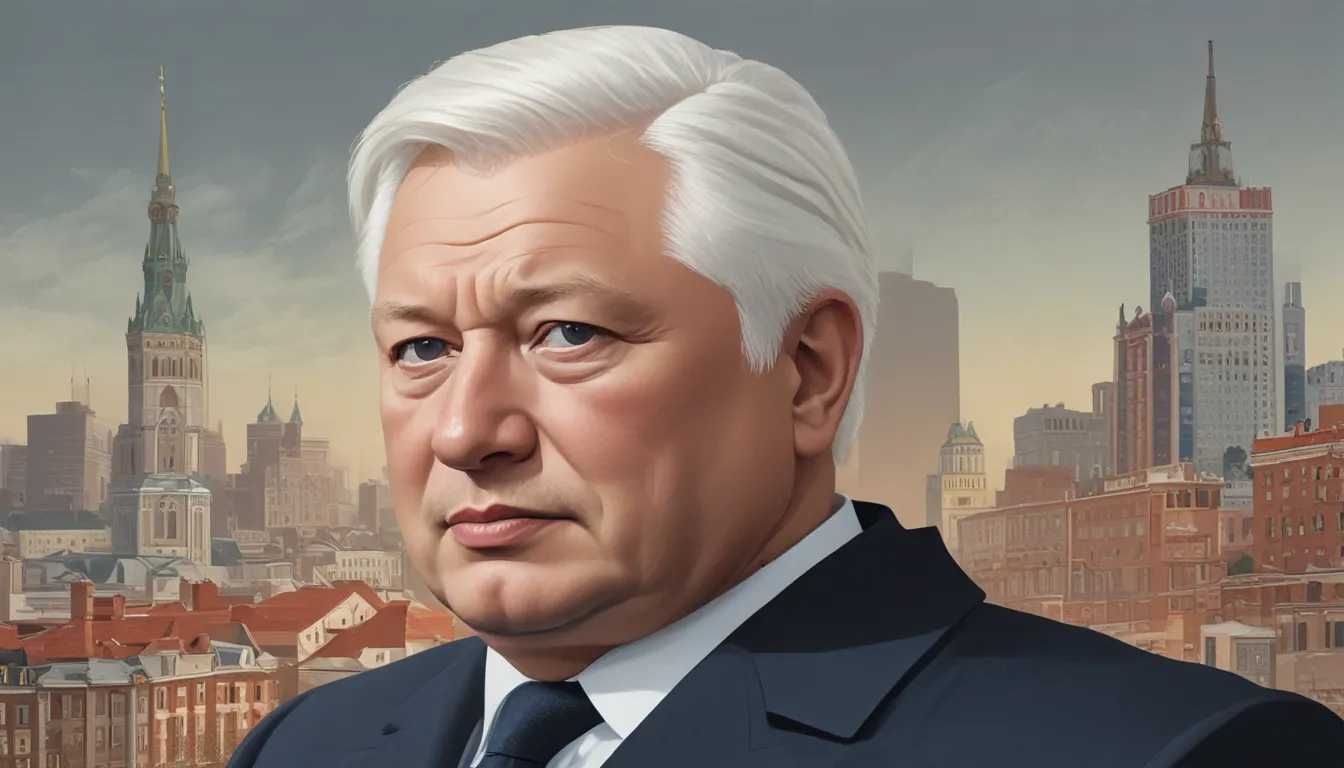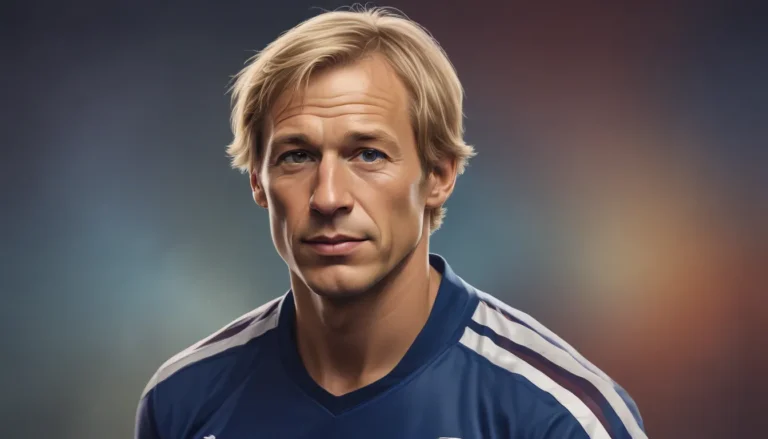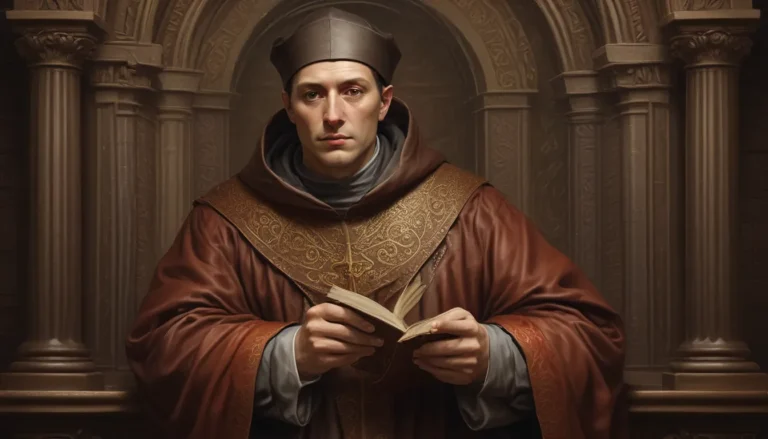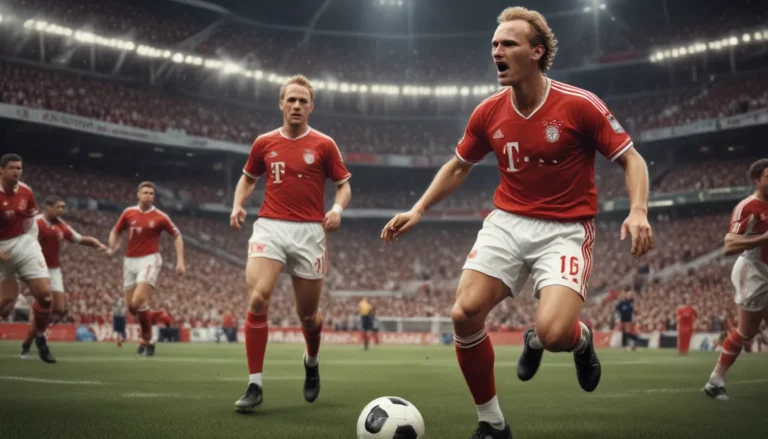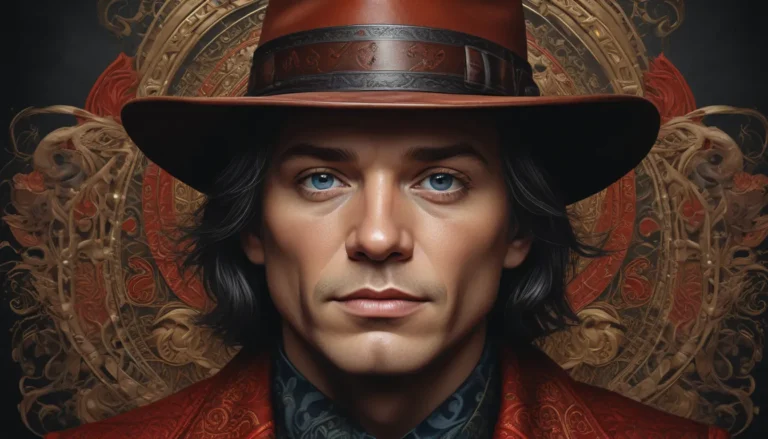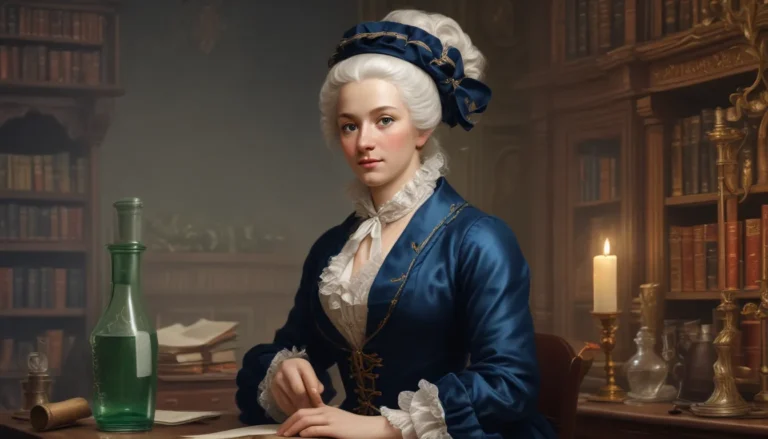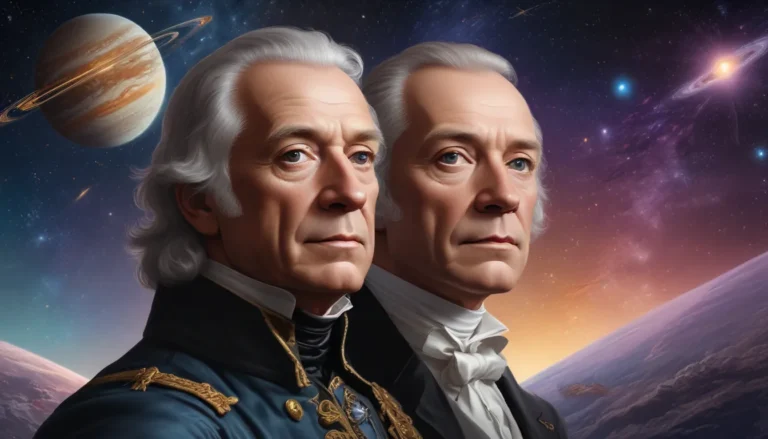The images in our articles may not match the content exactly. They are used to grab your attention, not to show the exact details in the text. The images complement the text but do not replace it.
Boris Yeltsin, a name synonymous with both triumphs and controversies, holds a unique place in Russian history. As the first President of the Russian Federation, Yeltsin navigated the country through a period of immense change, leaving an indelible impact on the political landscape. From his humble beginnings to his bold actions during political upheavals, Yeltsin’s journey is a captivating tale of ambition, determination, and resilience. In this article, we will explore 16 captivating facts that offer a glimpse into the life and legacy of Boris Yeltsin, shedding light on his remarkable contributions to modern Russia.
Boris Yeltsin: The Trailblazing President
Boris Yeltsin, born on February 1, 1931, made history as the first democratically elected President of the Russian Federation, serving from 1991 to 1999. His presidency marked a crucial period of transition for Russia as it moved away from communist rule towards a more democratic system, setting the stage for the country’s future political evolution.
The Dissolution of the Soviet Union
Yeltsin’s pivotal role in the dissolution of the Soviet Union cannot be understated. In 1991, amidst a coup attempt by communist hardliners, Yeltsin stood firm, defying the coup and helping to topple the Soviet regime. This led to the formation of the Russian Federation, marking a significant turning point in Russia’s history.
Economic Reforms and Challenges
Yeltsin’s economic policies, famously known as “shock therapy,” aimed to transition Russia from a centrally planned economy to a free-market system. While these reforms sought to modernize the economy, they also resulted in hyperinflation, widespread poverty, and a growing wealth gap, sparking public dissatisfaction and social unrest.
- Key Takeaway: Yeltsin’s presidency was marked by economic instability and political turmoil, but his efforts to usher in democratic reforms and modernize Russia continue to shape the nation’s trajectory.
Iconic Moments and Controversies
One of the most iconic moments in Yeltsin’s presidency was during the failed coup attempt in 1991, where he climbed onto a tank outside the Russian White House, rallying the people against the coup and solidifying his image as a champion of democracy. However, Yeltsin also faced challenges to his leadership, including armed conflicts with the Russian Parliament, highlighting the political turbulence of his tenure.
Global Engagement and Legacy
Yeltsin sought to establish closer ties with Western countries and played a crucial role in Russia’s integration into the global community. His signing of important agreements, such as the START II treaty with the United States, aimed to reduce nuclear arms stockpiles, showcasing his commitment to global cooperation.
- Fun Fact: Yeltsin’s health issues, including heart problems, ultimately led to his resignation in 1999, marking the end of his presidency.
Remembering Boris Yeltsin
The Boris Yeltsin Presidential Center, established in memory of his presidency, serves as an educational and research institution dedicated to studying and promoting an understanding of modern Russian history. Yeltsin’s influence on Russian politics also paved the way for significant shifts in governance, as seen in the transition from his presidency to that of Vladimir Putin.
The Yeltsin Era: Hope, Turmoil, and Transformation
The Yeltsin era is often remembered as a time of hope and turmoil in Russia’s history. The country experienced unprecedented political, social, and economic transformations under Yeltsin’s leadership, setting the stage for future developments in the nation’s trajectory.
- Key Takeaway: The transition from Yeltsin’s presidency to that of Putin marked a significant shift in Russian politics, with a move towards stronger centralized government and limitations on democratic freedoms established during Yeltsin’s tenure.
Conclusion: A Complex Legacy
Boris Yeltsin’s legacy remains a topic of debate, with his contributions to democratic reforms and modernizing Russia juxtaposed with criticisms of economic instability and political upheaval. His presidency, though marked by challenges, helped shape the modern geopolitical landscape and laid the foundation for a more open and democratic Russia.
In the end, Boris Yeltsin’s impact on Russia cannot be underestimated. His enigmatic personality, bold leadership style, and dedication to reforms continue to shape the country’s political landscape today. As we reflect on his life and legacy, we are reminded of the complexities of leadership and the enduring legacy of a man who dared to push boundaries and challenge the status quo.
FAQs: Exploring Boris Yeltsin
- Who was Boris Yeltsin?
-
Boris Yeltsin was the first President of the Russian Federation, serving from 1991 to 1999. He played a crucial role in transitioning Russia from a Communist regime to a more democratic society.
-
What was Yeltsin’s impact on the dissolution of the Soviet Union?
-
Yeltsin played a pivotal role in the dissolution of the Soviet Union, leading efforts to gain independence from the Soviet regime and laying the groundwork for the formation of the Russian Federation.
-
What were some of Yeltsin’s major accomplishments as President?
-
Yeltsin’s major accomplishments include implementing economic reforms, privatizing state-owned enterprises, promoting freedom of the press, and establishing a more democratic political system in Russia.
-
What were some criticisms of Yeltsin’s presidency?
-
Yeltsin faced criticism for his handling of the 1993 constitutional crisis, economic hardships faced by the Russian population, and allegations of corruption within his administration.
-
How is Boris Yeltsin remembered today in Russia?
- Boris Yeltsin is remembered as a controversial and influential figure in Russian history, with his contributions to the collapse of the Soviet Union and his efforts to transform Russia’s political and economic systems leaving a lasting impact on the country.
In the realm of Russian politics and history, Boris Yeltsin’s legacy continues to spark intrigue and discussion. His complex character, groundbreaking reforms, and the turbulent era he presided over offer a rich tapestry for exploration and study. As we unravel the enigmatic legacy of Boris Yeltsin, we gain insights into the challenges, triumphs, and controversies that shaped modern Russia under his leadership. The impact of Yeltsin’s presidency reverberates through time, ensuring that his contributions to Russia’s history are remembered and analyzed for generations to come.
